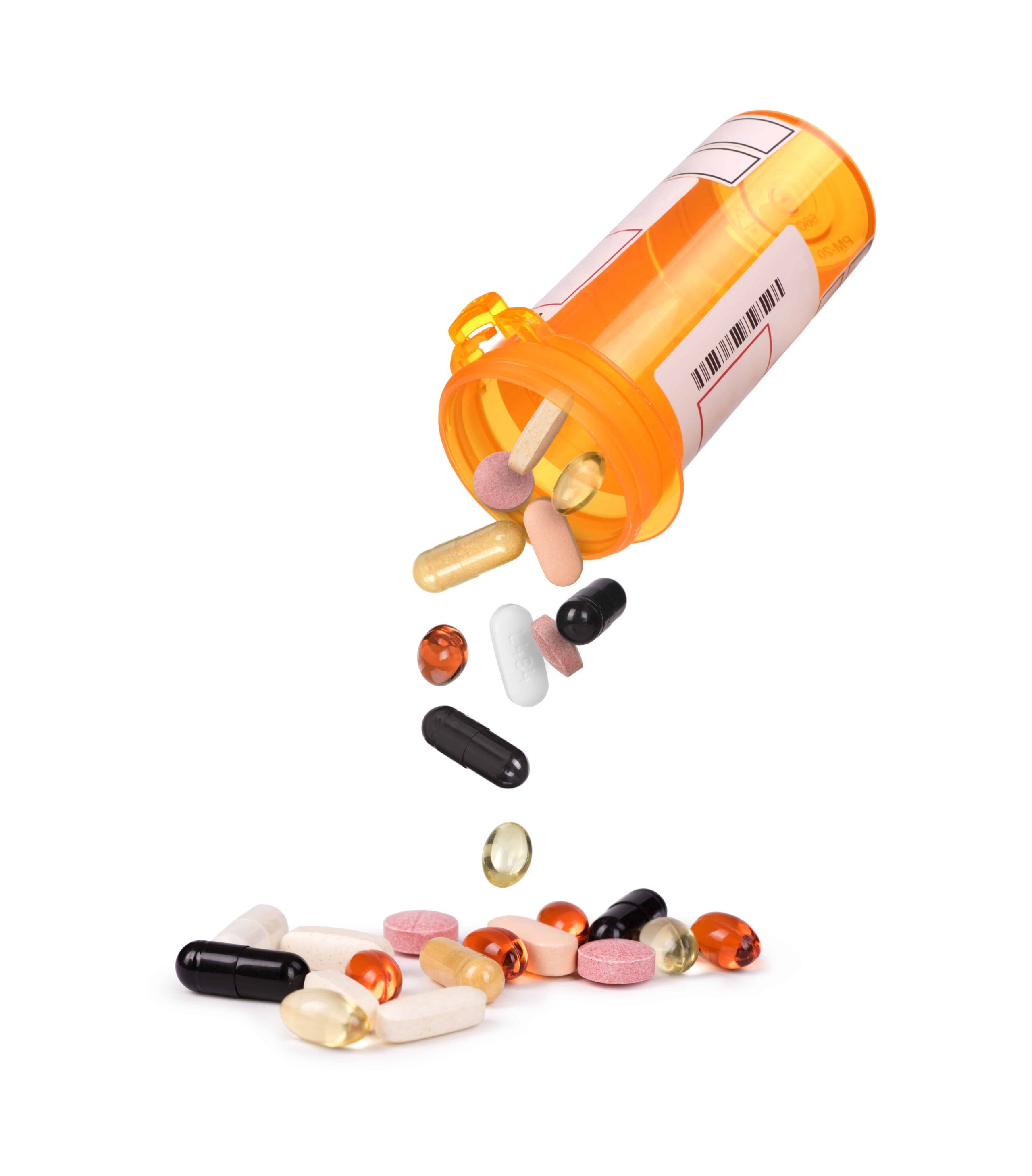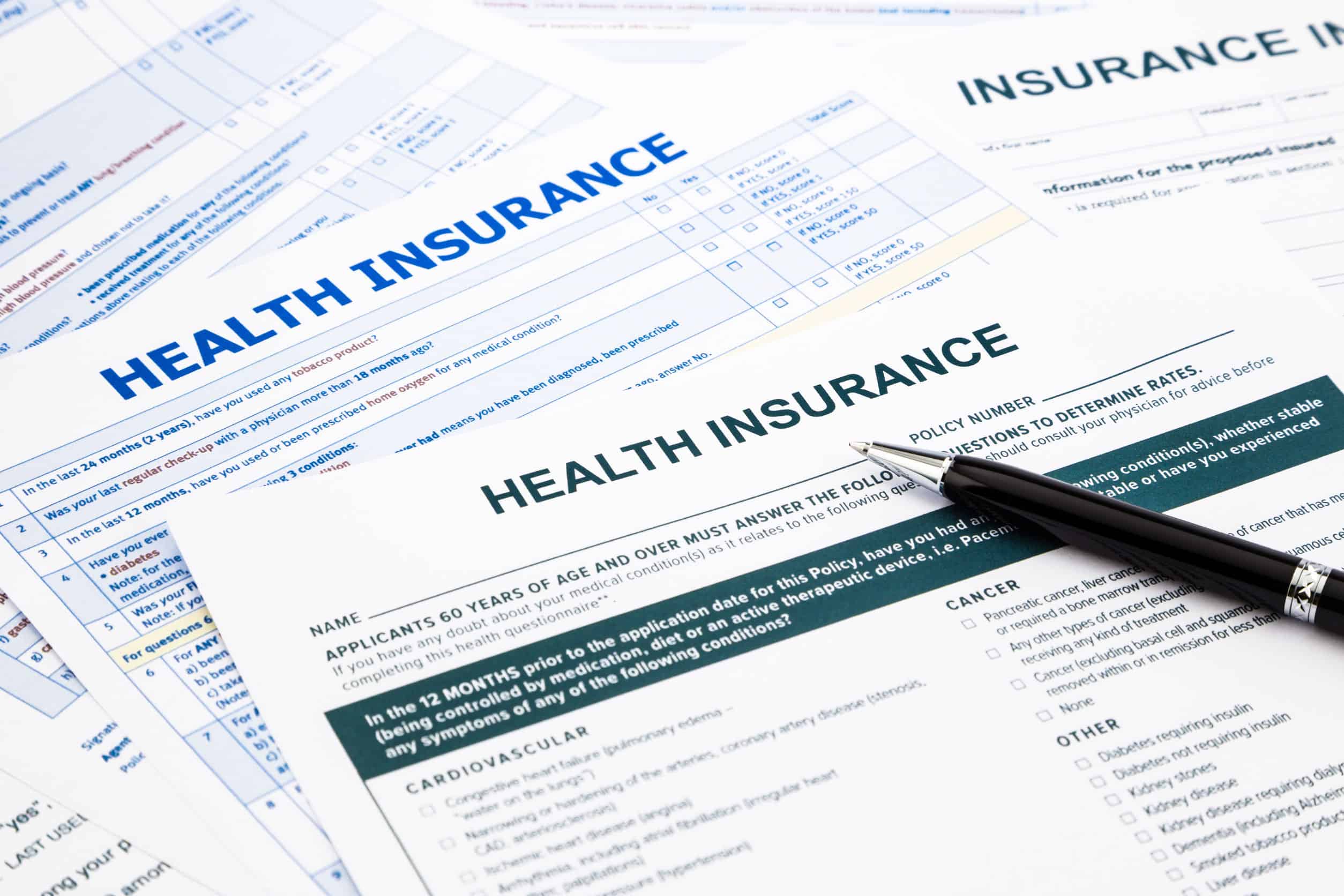Your Insurance Doesn’t Cover Your Medication? Why and What to Do
Posted by Prescription Hope - See Editorial Guidelines (Last Updated On: Mon Jul 10 2023)
How frustrated and disappointed do you feel when your doctor prescribes medication which turns out NOT to be covered by your costly medical insurance?
It’s bad enough discovering you need treatment for any condition without the added stress and headache of wondering how you are going to pay for it.
According to an article by The Chicago Tribune, since 2005 there has been a near 100% increase in the number of drugs excluded from Insurance coverage. The shocking facts discovered that in 2015 there were around 80 drugs excluded from coverage, while today there are more than 150.
In this article, we’re discussing what you can do about health insurance not covering your medication.
My Insurance Doesn’t cover my medication. If your insurance doesn’t cover your medication, there are a few alternative options to explore. You can ask your doctor for an ‘exception’ based on medical necessity, request a different medication from your doctor which is covered by your insurance, pay for the medication yourself, or file a written formal appeal.
We’ll start looking into this issue by discovering why so many more medications are not covered by insurance and why this exasperating situation is happening to many people more and more frequently. so read on!

Why Are so Many Medications Not Covered by Insurance?

One of the definitive reasons why more medications are not covered by your insurance is the vertical integration that has developed over the years between Pharmacy Benefits Managers, Insurance companies and major drug store chains. In short, larger companies acquisitions. Important to this relationship are rebates provided by PBM’s by big pharmaceutical manufacturers.
This is a rebate offered to a PBM by a pharmaceutical company to ensure that its drug, regardless of the price remains on the pharmacies preferred list. As long as your prescription is valid, most often the pharmacy takes the rebate and leaves the drugs high price unchanged for the consumer. As the person at the end of this chain, you’re often the last one to benefit from the rebate system!
How Does Your Medical Insurance Work
With regards to your medical insurance and Prescription drugs, there’s a tier system in place, which is the deciding factor as to whether your drug is covered by your insurance premiums. These ‘copay/co-insurance’ tiers represent the level of payment for which a patient is responsible. Here is some more information on choosing a health insurance plan.
Tier 1 contains drugs with the lowest co-pay, whereas tiers 4,5 and 6 contain drugs with the highest co-pay. At this level, the consumer pays a percentage of the total cost instead of a fixed co-payment.

To check which drugs and services your plan covers follow the simple steps below:
- Visit your insurer’s website to review a list of prescriptions your plan covers.
- Check out your Summary of Benefits and Coverage. You can get this directly from your Insurance Company.
- Call your Insurer directly and find out what is covered by your plan. Make sure you have your plan information available. The number will be available on your insurance card or the insurer’s website.
- Review and check any materials that have been mailed to you.

What To Do If Your Insurance Doesn’t Cover Your Prescription?
It is not much fun when you arrive at your pharmacist to collect your prescription and you’re told that your insurance doesn’t cover the drugs you require. It can be quite stressful, not to mention embarrassing if you don’t have the funds available to pay. First thing is, don’t panic! Read on.
One-Time Prescription Refills
Some insurance companies may provide a one-time refill of your medication after you first enroll, so make sure you check out this option if you change your insurance company.
If a one-time refill is not available to you when joining a new medical insurance company, make sure you look into and follow the steps concerning your insurance companies drug exceptions process.
Drug Exception Process
Your Insurance Company will have steps in place to allow you to follow their drug exception process if your insurance doesn’t cover your medication.
This is a process by which you can obtain a prescribed drug, that’s not normally covered by your Health Plan. The details of every plan’s exceptions process are varied so be sure you contact your Insurance Company for more information as to how your particular plan works in this area.
The general process for most Insurance Companies to get your drug covered by the Exception process is very simple. Your doctor must confirm to your health plan insurer, either in writing or orally (in person or by phone) that the particular drug you require is appropriate for your medical condition, based on the following criteria:
- All drugs covered within your plan haven’t been or won’t be as effective as the drug you’re enquiring about
- Any alternative drug covered by your plan has caused or may be likely to cause any side effects which would be considered harmful to you personally
- If there’s any limit in the number of doses you’re allowed, meaning…
- The allowed dosage hasn’t worked for your particular condition
- The drug most likely won’t work for you based on your physical or mental attributes, for example, your body weight. You may need to take more doses than is available in your plan
What Happens Next – If Your Exception Is Accepted
If your exception is granted, your health plan provider will go ahead and treat the specific drug as covered by your insurance – and charge you the copayment that applies to the most expensive drug already covered on your plan. (for example – a non-preferred brand drug). Also, any amount you pay for your chosen drug will generally count towards your deductible and/or maximum out-of-pocket limits. If your exception is accepted, you may also be wondering if you are able to get your specific drug during the process.
Can I Get a Non-Covered Drug During the Exception Process?
While you’re engaged in the exception process, your health insurance provider may give you access to your requested drug until a decision is made. Speak to your health insurance provider about the possibility of this option.
Can I Collect My Prescription From My Usual Pharmacy?
Once your Exception has been agreed, due to the fact that different health plans cover various medications, your health plan provider will allow you to collect your medication from specific pharmacies. These pharmacies are called “In-Network Pharmacies”. Make sure you give your Insurance Company a call or visit their website to find out whether your regular pharmacy is ‘In-Network’.
What Happens If My Insurer Denies My Request for an Exception?
If your health insurance company won’t pay out for your prescription, don’t panic! There’s still another recourse open to you, to make sure you get the drug of your choice. If you’re denied your chosen drug for any reason, you then have the right to appeal the decision and have this reviewed by an independent third party.
You’ll be required to write a letter of appeal. Ensure you address the letter to your Insurance company’s claims appeal department and include the company’s name and address.
How To Appeal an Exception Denial
Ok, so you’ve tried the Exception process and you’ve been denied. Don’t worry, there’s another course of action open to you. If your health insurance company refuses to pay or ends your coverage you have the right to appeal the decision and also have it reviewed by a third party.
You can also ask that your insurance company reconsider its decision. Insurers are obliged to inform you WHY they’ve denied your claim or ended your coverage. They’re also required to let you know that you’re able to dispute their decision. If for any reason your claim is denied, you are entitled to an explanation.
How to Appeal a Decision Made by Your Health Plan
At the point you’re ready to appeal any decision made by your Health Plan providers, you have two courses of action available to you. The Affordable Care Act requires that states set up an external review process for denied medical claims.
It’s also worth noting that if your case is urgent, for example, you or a loved one are in danger of becoming increasingly ill without treatment, you can insist that both the internal and external review is conducted at the same time.
- Internal Appeal – If your claim is denied or your health insurance coverage has been canceled, you have the right to an internal appeal. You may your insurance company to conduct a full and fair review of the decision. If your case is particularly urgent, your insurance company must work as swiftly as possible
- External Review – You also have the right to take your appeal to an independent third party for a review. This external review means that your insurance company will no longer have the final judgment over whether you’ll be required to pay for your chosen drug.
How Long Will My Insurance Appeal Take?
A recent law passed states that the following timelines should be followed with regards to reviews and decisions on appeals.
- 72 hours for denials of urgent care
- 30 days for denials of non-urgent care not yet received
- 60 days for denials of services you have already received
Six Important Steps to Writing an Appeal Letter
- Find out WHY your insurance claim was denied
- Read your health insurance policy
- Learn the deadlines for appealing your health insurance claim denial
- Make your case
- Write a concise appeal letter
- If you lose, try again

Conclusion
When you’re having difficulty with your medical insurance covering your chosen drugs, there are a few ways which can help you achieve a good outcome. Don’t forget to ask your doctor if there’s another similar drug available, and you could also simply pay for the drug yourself if that is an option. Prescription Hope can also cover medications that may not be covered by your insurance for the set medication access service fee of $60.00 per month for each medication through our medication access service.
Other than that, you do have a very good resource in terms of what the insurance companies offer you, so make sure you follow the steps regarding how to make a claim. If you have any questions or would like to know more, get in touch with us at 1-877-296-HOPE(4673) and speak to one of our representatives, we’re always happy to help.

